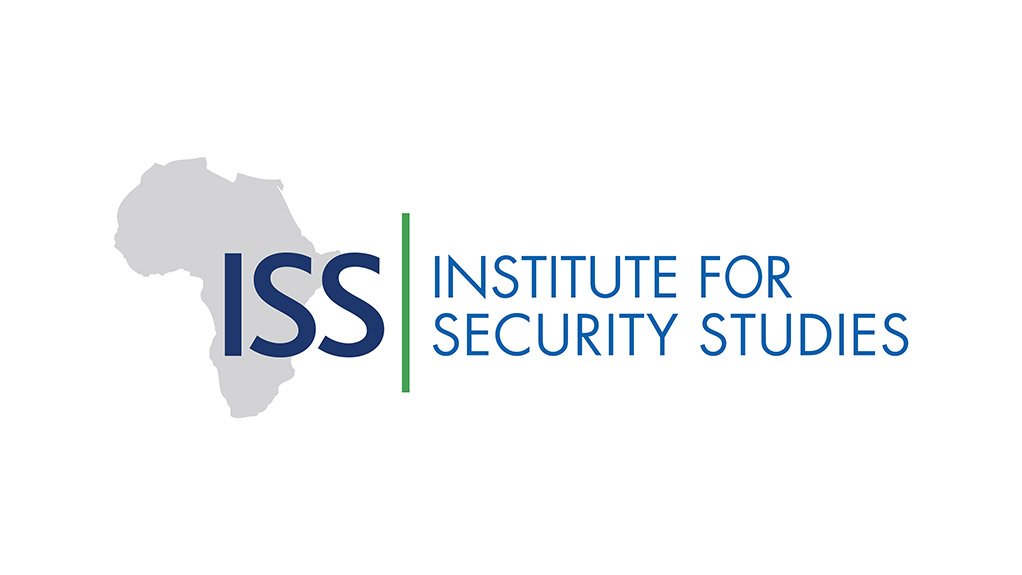Nigeria now spends more than it earns just to service its debt – a crisis that raises serious concerns about the government’s ability to finance public infrastructure, civil service salaries, education and healthcare. It also has dire implications for the protracted war against the Boko Haram insurgency.
The Finance Ministry’s public revenue and expenditure performance report for January to April 2022, released last month, shows that the federal government’s retained revenue for that period was insufficient to service its debt. According to the Economist Intelligence Unit, the 118.9% debt servicing-to-revenue ratio was the worst in the world.
The causes of the revenue crisis are varied. They include the government’s dependence on oil exports since production boomed in the 1970s, external shocks such as Covid-19 and the Russia-Ukraine war, corruption and oil theft, and an economic structure that’s incompatible with its rapidly growing population. Policy choices such as the ongoing petroleum subsidy have exacerbated the situation.
Nigeria has struggled to overcome the Boko Haram threat since it turned violent in 2011. Current conflict dynamics are even more worrying, with three active factions, significant external support, and an expansionist drive that has widened the geographical scope of the insurgency.
To make matters worse, the dilemma involving herdsmen is worsening. Some have evolved into violent criminal gangs, or bandits, who kill and kidnap Nigerians and sometimes foreign nationals. In the South of the country, violent secessionists are further stretching the capacity and resources of security personnel.
According to Business Day, data from the World Bank shows that Nigeria’s defence budget has risen by 262% in the past five years, from US$1.72-billion in 2017 to US$4.5-billion in 2021. Although Nigeria’s defence spending is still much lower than the world average of 2% of GDP, its growth occurs against a background of dwindling revenues and growing debt.
Military spending alone won’t be enough for Nigeria to win the fight against insurgencies. Long-term solutions need a systematic resolution of their underlying causes, which include relative deprivation, unemployment, lack of education and insufficient primary healthcare and other public services. Failure to address these issues has fuelled banditry in north-west and north-central Nigeria – threats that are now even deadlier than Boko Haram.
So Nigeria’s revenue crisis will stifle not only the government’s capacity for kinetic warfare, but also its ability to improve the conditions that allow conflicts to emerge. And recent gains made by the military will require resources to prevent their reversal.
Although government revenue may increase slightly over the rest of the year, high debt servicing payments will force policy choices that affect security and development. Federal authorities allocated 15% of their 2022 budget to defence. This surpassed the combined allocations to health (7%) and education (5%).
Beyond insurgencies, civil policing must also be strengthened to help deal with surging crime, which if left unattended, could intersect with violent extremism. This includes offences like kidnapping for ransom, which are sometimes jointly perpetrated by Boko Haram factions and other attackers.
However, reforms will be difficult in a low-revenue environment. The government is currently financing its budget deficit through external and domestic debt. But this approach is fast proving unsustainable. A debt default will plunge Nigeria’s public finances into a more difficult situation.
Some options for improving Nigeria’s public finances in the short term include ending the costly petrol subsidy payments, addressing oil theft and improving tax collection. President Muhammadu Buhari seems unwilling to remove the petrol subsidies, despite alternative solutions that can be explored. The subsidies prevented Nigeria from benefiting from the recent oil boom when prices exceeded US$100 per barrel.
Oil theft is arguably more complicated, requiring significant political will to deal with perpetrators who are often highly placed in the public and private sectors. Taxation is just as tricky. Many Nigerians already pay high informal taxes. The inadequacy of public services and weak accountability have damaged the social contract, causing resistance to further taxation.
The current situation poses an existential threat to Nigeria’s state capacity that could benefit insurgents and violent extremists. According to Jihad Analytics, Nigeria had the second highest number of attacks (304) claimed by Islamic State between January and June, with Iraq first (337) and Syria third (142). An underfunded government may be unable to stop Islamic State West Africa Province’s ongoing expansion.
Hard decisions are needed. Ending the fuel subsidies may be painful in the short term but is critical to sustainability. Austerity measures must start at the top, and the excesses of elected and appointed public officials must be curbed. Economic reforms that boost private sector development are vital for creating a more robust base for revenue generation.
Although Buhari is approaching the end of his tenure, it isn’t too late to tackle the current crisis and bequeath a good legacy. The stakes are high, and there are no quick fixes. To yield returns in the near term, reforms must be implemented immediately.
Written by Teniola Tayo, Researcher, ISS Regional Office for West Africa, the Sahel and the Lake Chad Basin
EMAIL THIS ARTICLE SAVE THIS ARTICLE ARTICLE ENQUIRY
To subscribe email subscriptions@creamermedia.co.za or click here
To advertise email advertising@creamermedia.co.za or click here











